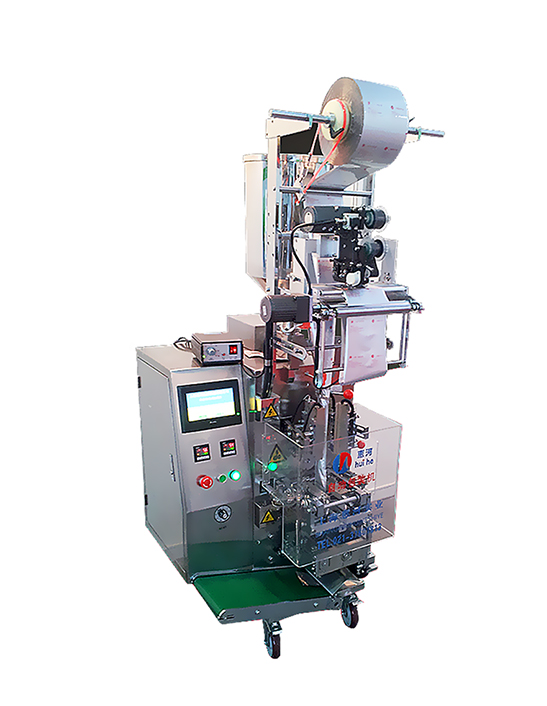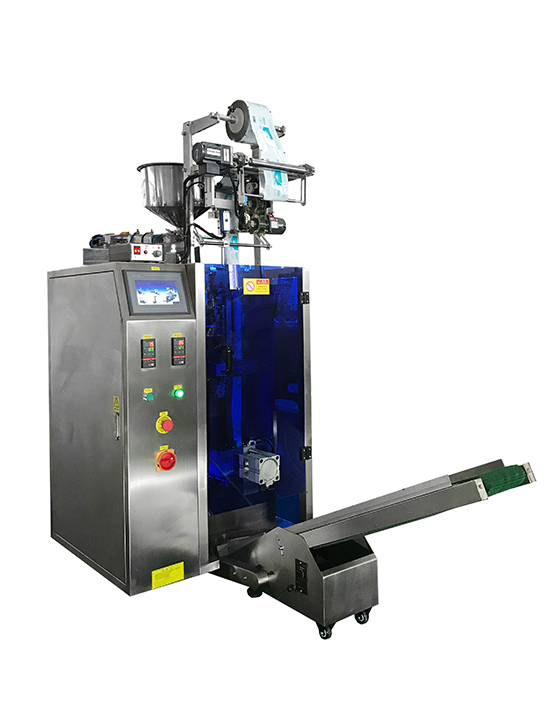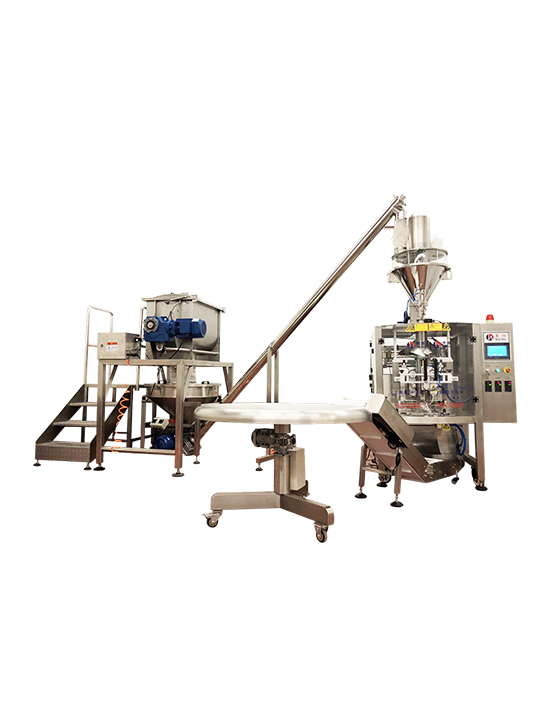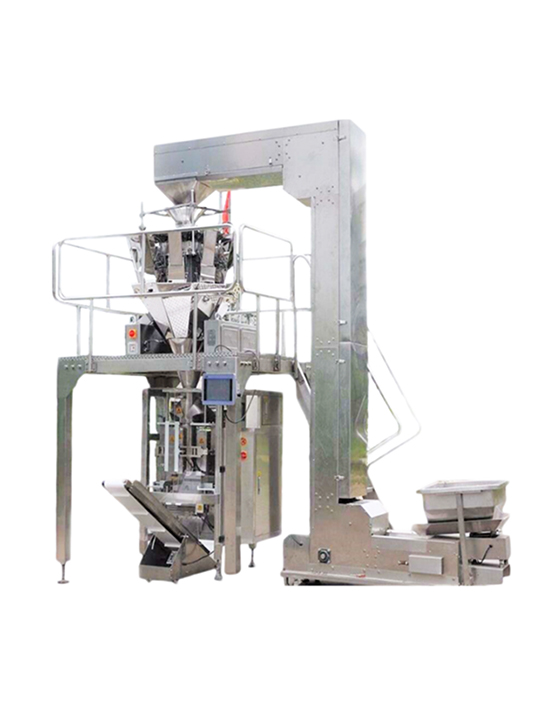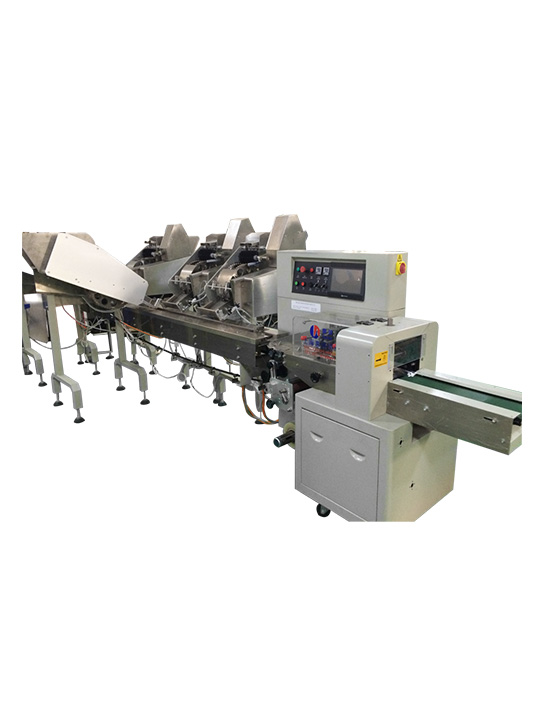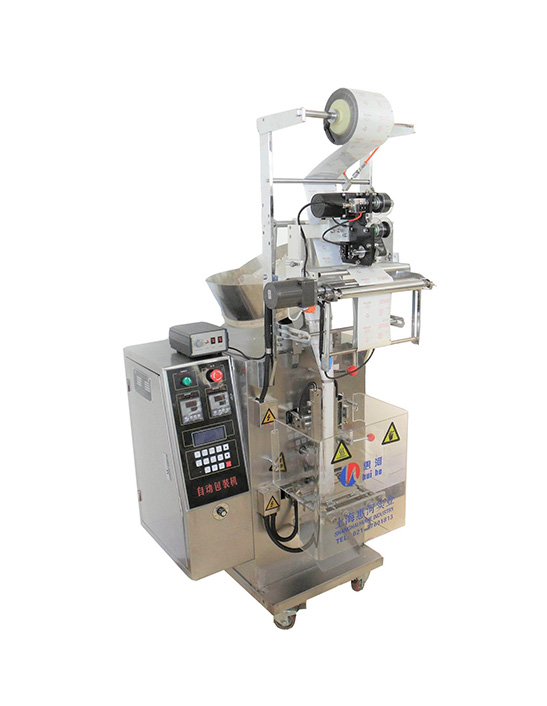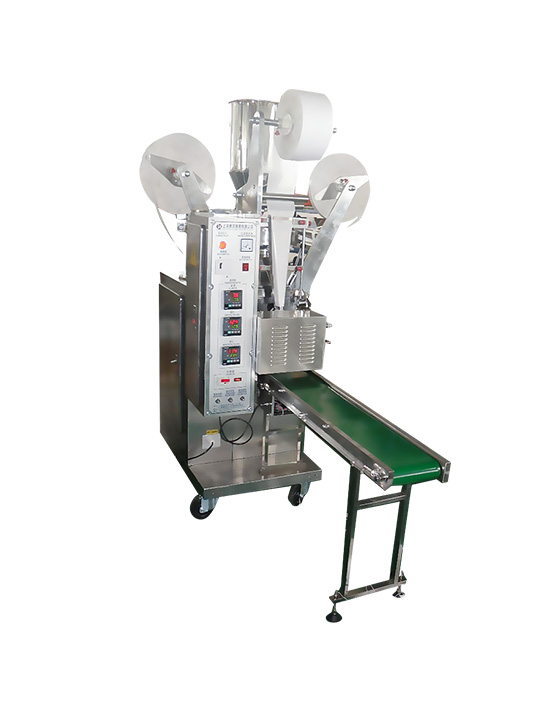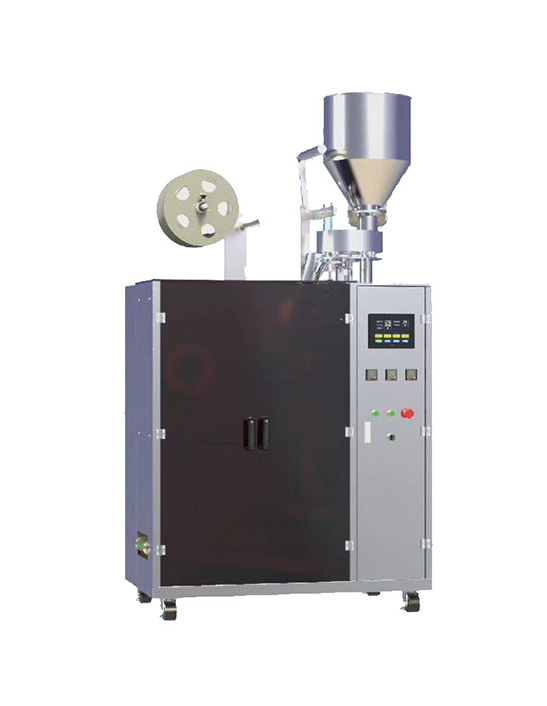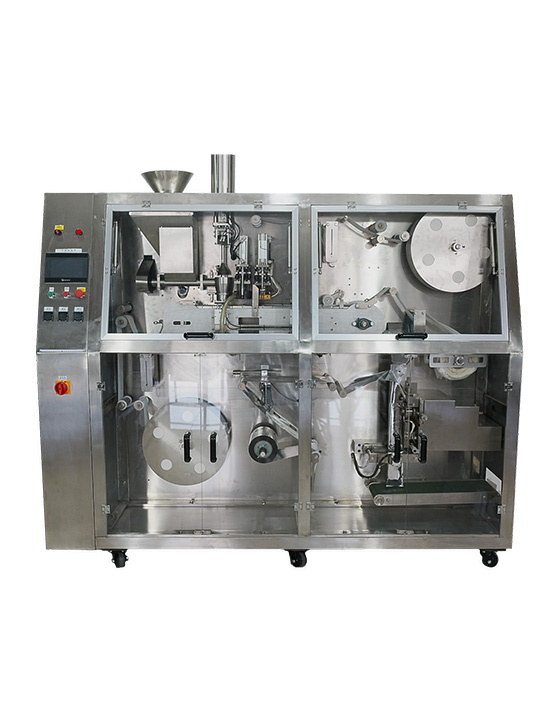Efficient packaging is a critical component of modern production lines, especially for industries handling powders and granules. From food products like flour, spices, and sugar to chemicals, pharmaceuticals, and fertilizers, accurate and consistent packaging ensures product quality, reduces waste, and supports operational efficiency. Among the wide variety of packaging equipment, the screw packing machine—also known as an auger filling machine—has become a key solution for automating the packaging of free-flowing powders and granular materials.
This article explores how screw packing machines improve efficiency in powder and granule packaging, highlighting their operational advantages, precision, and adaptability across industries.
Understanding the Screw Packing Machine
A screw packing machine uses a rotating auger (screw) mechanism to dispense a predefined quantity of powder or granule into containers, bags, or pouches. The basic operation involves the following steps:
- The hopper stores the material to be packaged.
- A rotating screw in the filling cylinder picks up the material and moves it downward.
- The material is then discharged into the container or packaging unit.
- The container is sealed or closed automatically, ready for transport or sale.
This system can be fully automated, semi-automated, or integrated with other equipment such as conveyors, baggers, or labeling machines.
Key Factors Driving Efficiency in Packaging
Screw packing machines enhance efficiency in multiple ways, ranging from speed to accuracy, waste reduction, and labor savings.
1. Precise Dosage Control
One of the primary advantages of screw packing machines is high dosing accuracy. The rotating screw is designed to move a fixed volume of material with each rotation. This precision ensures that:
- Each bag or container receives the correct amount of product.
- Overfilling, which wastes materials, is minimized.
- Underfilling, which can result in customer complaints or regulatory issues, is avoided.
For powder and granule packaging, even small inaccuracies can lead to significant cost losses over time. By providing consistent dosage, screw packing machines improve both product quality and operational efficiency.
2. High-Speed Operation
Modern screw packing machines are capable of rapid filling cycles, accommodating high-volume production needs. Depending on the design and size of the machine, it can handle tens to hundreds of packages per minute, far exceeding manual or semi-manual operations.
- Benefit: Increased throughput reduces bottlenecks in the production line.
- Integration: Many machines can be synchronized with conveyors, baggers, and automated sealing units, creating a continuous packaging flow.
By maintaining a fast and consistent pace, screw packing machines allow companies to meet production targets without sacrificing quality.

3. Versatility Across Materials
Screw packing machines can handle a wide range of powders and granular materials, including:
- Fine powders (e.g., flour, milk powder, spices)
- Medium-sized granules (e.g., sugar, salt, coffee)
- Coarse or irregular granules (e.g., fertilizers, chemicals)
The versatility comes from the adjustable screw size, pitch, and speed, which can be optimized for the specific characteristics of the product. This adaptability reduces the need for multiple machines or manual handling, improving overall line efficiency.
4. Reduced Material Waste
Manual filling and inaccurate volumetric systems often lead to spillage, overfill, and dust generation. Screw packing machines reduce waste through:
- Controlled, repeatable filling volumes
- Minimized spillage during transfer
- Enclosed hoppers and fill points to reduce airborne powder
Less waste not only saves material costs but also reduces cleanup time and improves workplace safety.
5. Labor Savings and Automation
Screw packing machines significantly reduce the dependence on manual labor. Operators are primarily required to monitor the process and handle exceptions, rather than performing repetitive filling tasks. Benefits include:
- Reduced labor costs
- Lower risk of human error in measuring or filling
- Consistent performance across shifts without fatigue-related mistakes
Some high-end models offer full automation, from hopper feeding to bag sealing and labeling, further reducing human involvement and boosting operational efficiency.
6. Easy Adjustment for Different Packaging Sizes
Production lines often handle multiple package sizes, from small sachets to large bags. Screw packing machines allow for quick and precise adjustment of the filling volume by changing:
- Screw length or diameter
- Rotation speed
- Fill time per cycle
This flexibility enables manufacturers to switch between product lines or packaging sizes without lengthy downtime, enhancing overall productivity.
7. Improved Hygiene and Safety
For food, pharmaceutical, and chemical applications, maintaining cleanliness and hygiene is essential. Screw packing machines are designed with:
- Stainless steel construction to prevent contamination
- Enclosed filling points to reduce dust exposure
- Easy-to-clean components that comply with industry standards
By ensuring a safer and cleaner packaging process, these machines reduce the risk of product recalls and workplace hazards, which can otherwise slow down operations.
8. Integration with Quality Control Systems
Many screw packing machines can be integrated with weight verification systems, sensors, and automated rejection units. This allows for:
- Automatic rejection of underfilled or overweight packages
- Real-time monitoring of production data
- Immediate adjustments to maintain accuracy
Such integration ensures consistent product quality and reduces the need for manual inspections, saving time and labor.
9. Durability and Low Maintenance
Screw packing machines are built to handle abrasive powders and continuous operation, with components like:
- Hardened screws to resist wear
- Robust motors for consistent operation
- Modular parts for easy replacement and maintenance
Low maintenance requirements and long operational life reduce downtime and improve overall equipment effectiveness (OEE), contributing directly to efficiency.
10. Reduction in Packaging Errors and Rework
By automating the precise measurement and dispensing process, screw packing machines minimize errors associated with manual packaging, such as:
- Incorrect weights
- Spillage or overflow
- Misaligned containers
Reduced errors lead to fewer rejected packages, less rework, and higher overall line productivity.
Applications Across Industries
Screw packing machines are widely used in industries where accurate powder or granule packaging is crucial:
- Food Industry: Flour, sugar, spices, milk powder, coffee
- Chemical Industry: Fertilizers, detergents, powdered chemicals
- Pharmaceuticals: Active ingredients, supplements, powdered formulations
- Construction Materials: Cement additives, gypsum, fine aggregates
In each application, the machine’s ability to maintain speed, accuracy, and cleanliness translates directly into higher efficiency and lower operational costs.
Conclusion
Screw packing machines have revolutionized the packaging of powders and granules by combining precision, speed, and automation. They improve efficiency by:
- Ensuring accurate and consistent dosage
- Increasing production throughput
- Reducing material waste and spillage
- Minimizing labor requirements
- Allowing quick adjustment for different package sizes
- Supporting hygiene and safety standards
- Integrating with quality control systems
- Offering durability with low maintenance
- Reducing packaging errors and rework
For manufacturers handling powders and granules, investing in a screw packing machine is not just about convenience—it is about enhancing operational efficiency, reducing costs, and maintaining product quality. By streamlining the packaging process, these machines ensure that production lines operate smoothly and reliably, meeting both industrial and consumer expectations.

 英语
英语 西班牙语
西班牙语 简体中文
简体中文

